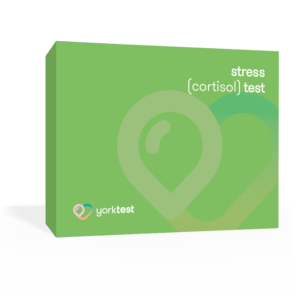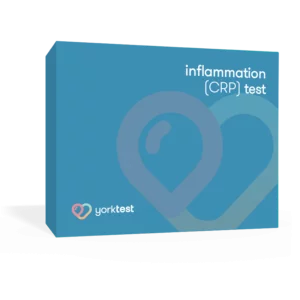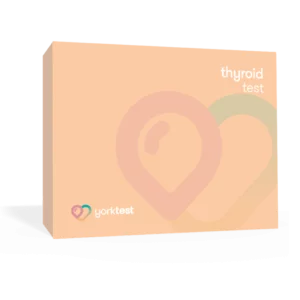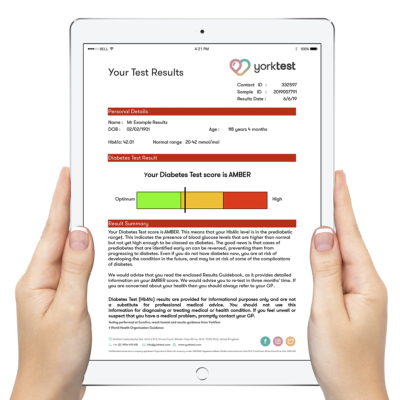The workplace has experienced a huge cultural shift in recent years with employees now expecting more than ever from their workplace, and rightly so. Every employer has a big responsibility to create an environment that’s supportive for staff, develops their career and puts their welfare first.
The Great Resignation, and the skills shortages facing many sectors, means that employers have to work harder to attract and retain talented people. Although it began during the pandemic, a survey at the start of the year found that almost a third of UK workers were considering moving to a new job in 2022.
Changing attitudes
As the world recovers from a global healthcare pandemic, it’s not surprising that attitudes towards health and wellbeing at work have changed. Taboos over taking sick leave for mental and physical health reasons are being broken, and policies to enable flexible, home and hybrid working helped to support people’s wellbeing – as well as reducing risk of office outbreaks.
Alongside all this, taking regular home health tests became the norm during Covid, as lateral flow kits helped to keep the public safe and take the guesswork away from symptomatic people, giving them more control over their health than ever before.
Although now the severity of Covid-19 has been reduced, other concerns are starting to emerge such as long NHS waiting lists and the rising cost of living. Private medical insurance has long been a benefit offered by employers, and could be a powerful incentive given the talent shortages. Recent studies found that while only 13% of people currently have medical insurance, a whopping 53% of people would like to invest in health insurance schemes.
However, it can also be expensive, especially at a time when many businesses need to control their costs. Another more cost-effective option is to offer private health checks in the form of at home-testing.
Driven by data
To learn how much demand has grown for private health testing in the UK, we analysed Google search data. Terms such as ‘private health check’ and ‘health MOT’ were used to find out how many people were seeking out personal medical checkups. As well as understanding how many people were searching, we wanted to know where, so we broke down our data to show the results of the top 20 locations in the UK, based on population size.
We then gave each location an index score to provide an indicative view of how searches per capita varies across each area.
Overall, searches for ‘private health check’ grew by almost 60% between 2019/20 and 2021/22 across the UK. Other phrases like ‘health MOT’ rose by 40.17% for the same time period.
A nationwide view
Although searches related to healthcare tests have soared nationally, there were some more health-conscious areas than others. People in Leeds (index score of 100) were most likely to search for a private health check or health MOT just ahead of Bristol (97) and Derby (94).
Out of the 20 locations featured in this research, it was London residents that were less likely to search for these terms (35), with those in Stoke-on-Trent (47) and Cardiff (56) also languishing towards the foot of the table.
The full results for each area is here:
| Location | Population | Searches for ‘private health check’ and ‘health MOT’ related terms | Index score (based on searched per capita) |
| Leeds | 503,388 | 9950 | 100 |
| Bristol | 571,922 | 10930 | 97 |
| Derby | 263,933 | 4910 | 94 |
| Nottingham | 311,823 | 5500 | 89 |
| Newcastle upon Tyne | 281,842 | 4910 | 88 |
| Edinburgh | 488,050 | 8320 | 86 |
| Manchester | 554,400 | 9040 | 82 |
| Glasgow | 612,040 | 9450 | 78 |
| Leicester | 470,965 | 7100 | 76 |
| Coventry | 369,127 | 5130 | 70 |
| Belfast | 328,937 | 4390 | 68 |
| Liverpool | 579,256 | 7540 | 66 |
| Hull | 288,671 | 3620 | 63 |
| Southampton | 269,231 | 3270 | 61 |
| Bradford | 361,046 | 4380 | 61 |
| Birmingham | 1,153,717 | 13690 | 60 |
| Sheffield | 544,402 | 6390 | 59 |
| Cardiff | 350,558 | 3910 | 56 |
| Stoke- on-Trent | 277,051 | 2600 | 47 |
| London | 8,907,918 | 61060 | 35 |
The gender split
When making our rankings, we looked at over 200 search terms related to ‘private health check’ in order to understand the bigger picture. But analysing each individual term also gives some interesting results.
According to our data, men were more likely to search for gender-specific health checks than women. Searches for ‘Bupa well man check’ soared by 156% between 2019/20 and 2021/22, while ‘Bupa female health check’ rose by 44%.
Certain health concerns were troubling people more than others too. Lung health, in particular, flew to the top of people’s consciousness over the last three years. As cigarette alternatives such as vaping continue to grow in popularity, searches for ‘private lung health check’ also increased by 457% between 2019/20 and 2021/22.
‘Private heart check’ was the second most popular term, rising by 269%, followed by ‘private health blood tests’ at a 115% increase.
Surprisingly, ‘private sti tests’ was the search term with the least demand, only growing by 69% over the last three years.
Dr Gill Hart, scientific director at YorkTest said of the findings:
“The world has changed drastically over the last couple of years, affecting everything from the way we work to the way we take care of our bodies.
“Awareness is everything, and when looking at the particular search terms we can link up changing attitudes with what people are looking to check. For example, as more people recognise the impact of smoking,and following the impact of potential exposure to Covid-19, it’s not surprising that they’re looking to get parameters such as lung function assessed.
“Even day-to-day concerns such as feeling constantly tired, having trouble with digestion or focussing might have felt like a personal battle in the past, but more and more people are realising they can be solved – but only with access to information about what’s going on in your body. Luckily, there are credible at home health tests available that do just that.
“It’s interesting to consider the impact this might have on the workplace of today. Clearly there’s a demand for personal health checks, and as the cost of living grows, access to premium care will become more and more important to everyone – rather than bury their heads in the sand, people want to feel empowered to know how to take care of themselves best. And employers who realise this could soon meet their staff’s needs by providing them access to up-to-date, personalised health data.â€
Clare Avery, Head of People at Wattbike, added:
“It’s more critical than ever that businesses understand the health and wellbeing of their employees and take significant steps to be the enabler of positive wellbeing, and not to be one of the causes of poor wellbeing.
“Applicants are increasingly asking about health and wellbeing initiatives and programmes that businesses offer, especially in the wake of COVID, but the trend was there before the pandemic. It’s a positive feature of a supportive employer and applicants are increasingly attracted to businesses that are investing in supporting their team members.
“Offering health checks and tests is the next step in health provision for employees. It is a proactive step that employers can take, whereas insurance or EAPs deal with the symptoms of poor health and wellbeing. I think we will see more employers offer this.â€
If you want to empower your staff with better control over their health, try an Essential Health Check.
Methodology
To understand how the pandemic had influenced demand for private health testing, we analysed Google search data for terms including and related to ‘private health check’ and ‘health MOT’.
As well as understanding how many people were searching, we wanted to know where, so we broke down our data to show the results of the top 20 locations in the UK, based on population size.
We then gave each location an index score based on searches per capita to provide an indicative view of how searches per capita varies across each area.













